
Born
August 07th, 1923
Passed Away
May 11th, 2012
Popularly Known as
Ramesh Mehta
Occupation
Gujarati film comedian
Religion
Hindu
Caste
-
Country
India
તેરા મૌડ આયે તો મુડ જાના, મેં ચલતા રહુંગા...
Shradhanjali By
Shradhanjali .com
Biography of Rameshwar Nath Mehta

Ramesh Mehta, (born 7 August 1923, Jhang Maghiyana, died 11 may 2012) is an India playwright, director, actor and translator. He was the uncrowned king of Delhi Theatre in the 1950s and 1960s.
He was the only son of Pyare Lal, an employee of the Jammu and Kashmir Government, and Durga Devi, a pious housewife.
Mehta had his early education in Srinagar and Jammu. He did his graduation from Dayal Singh College, Lahore after his father’s death. As per the interview held with him by Anil Goel, Ramesh Mehta’s interest in theatre started during his college days in Lahore, where he used to see the Coronthian Theatre’s Parsi plays regularly. He moved to Delhi in 1942 in search of a job after his graduation.
Mehta joined Three Arts Club in 1947 or 1948. His actual name was Rameshwar Nath Mehta, but he was re-christened as Ramesh Mehta by his first theatre director, Shibu Ghoshal, when he joined the Three Arts Club. Three Arts Club was a theatre group of the government employees of Delhi. In pre-partition days, Government of India used to shift its offices from Delhi to Simla in summer months. Thus, though the Three Arts Club was established in 1943 and was registered in Shimla, yet it functioned from Delhi and Simla, both. After independence, it started performing in Delhi, as the practice of moving the capital to Shimla was abandoned. Ghoshal first entrusted Ramesh, or ‘Romesh’, as he used to call him, with the job of prompting. ‘Romesh’ not only performed the job of prompting with perfection, but also suggested some new dialogues for the play, which improved the performance. This showed the genius in Ramesh at the very beginning itself and impressed all the members of the group.
Having noted that Mehta had an immense passion for theatre, Shibu Ghoshal next gave him a chance to act in a small role. He excelled and everyone looked at him as a great potential actor. In 1949, Shibu Ghoshal wanted to stage an original contemporary play on the prevailing condition of India after independence. Mehta penned the first play of his life, India Today, which was a picture of the India of those days, and ran for four days in the Messey Hall of Delhi. Next year, he wrote a new play, Dahej. These two plays of Ramesh Mehta are not available today, as these were not published.
In 1950 itself, Ramesh wrote his third play, Dasturi, which was published with the title of Damad (Son-in-Law). It had six successful shows. Slowly, Mehta was becoming the in-house writer of the Three Arts Club, where he was to write ten more full-length plays, around a dozen one-act plays, translate/adapt a number of plays from the Indian languages like Telugu (N.R. Nandi’s Maro Mohanjodaro), Bengali (Shambhu Mitra’s Kanchanranga), Gujrati (Bakul Tripathi’s Leela), Marathi (Mama Warerkar and Vasant Kanetkar’s plays) etc., and also Inspector General, the Russian play written by Gogol, and direct more than a dozen plays. He is one of the very few stalwarts of the Hindi theatre who have performed the three roles of writer, director and the actor together.
He was very ably supported by Rajendra Mohan Kaul, better known as R.M. Kaul or better, Raja Bhai, who ran the administration of the Club as General Secretary during almost the total life of the Club. They found the third pillar of strength in Shri M.N. Kapur, the then principal of the Modern School, Barakhamba Road, who became the president of the Club in 1956 and remained in that position for more than two decades.
A theatre repertory needs a visionary President, a dynamic and competent General Secretary and an actor-cum-artistic director–all the three having exclusive but coordinated responsibilities. The growth and success of the Three Arts Club for over thirty-five years is a living illustration of it.
Some of Ramesh Mehta’s plays like Under Secretary, Dhong, Hamara Gaon, Faisla etc. have become milestones of the modern Hindi theatre. His farce Under Secretary has broken all records of popularity. It has been such a great attraction that it has been translated in many India languages including Tamil, Malayalam, Sindhi, Bengali, Gujrati etc. This play is being performed even today in Hindi as well as in other languages in many cities of India and abroad. Ramesh Mehta has written and performed three plays for the children based on [Panchtantra].
The greatness of Mehta lies not in the number of the plays he wrote, directed or acted in, but in the contribution he made, through the Three Arts Club, in promoting the culture of drama and inculcating the habit of theatre-going in the common man of Delhi city, which had seen mainly Parsi theatre or Nautanki till independence. Modern theatre was mostly confined to colleges. Or, it was Prithviraj Kapoor who used to bring his troupe, [Prithvi Theatre] to Delhi to perform their plays.
In fact, Ramesh Mehta can be called as the main link between the Parsi and the modern Hindi theatre. This is evident from the fact that, while on the one hand, his first play India Today had songs and dance-sequences like any Parsi play, on the other hand, many of his plays were adopted and adapted by the Parsi theatre companies of Delhi and other northern states, and thousands of shows of his plays have been performed by those. (It is learnt that his plays are being performed by travelling companies even today in remote areas of Bihar etc.).
Ramesh Mehta not only wrote, directed and acted in the plays, but he also helped in forming the theatrical clubs in many governmental departments and ministries of the government of India like Central Secretariet, Home Ministry etc. The Three Arts Club performed numerous times for the Western Command Theatrical Society of the Indian Armed Forces. Theatrical groups were established in many industrial houses and establishments in Delhi, Haryana, Uttar Pradesh etc. with his active support and guidance. He had become like an institution in himself. His play Hamara Gaon was performed in Teen Murty House on 13 November 1954, where Pt. Jawahar Lal Nehru himself was present along with his cabinet members and other Indian and foreign dignitaries. President Dr. Rajendra Prasad, President Dr. Zakir Hussain, Prime Minister Jawahar Lal Nehru, Chief Minister (Later Prime Minister) Ch. Charan Singh and many other dignitaries used to come to see his plays quite often. Film-stars Prithviraj Kapoor and many more of them, like Moti Lal, Shobhna Samarth, I.S. Johar, Sunder etc.also used to watch his plays in Delhi and Simla’s legendary Gaiety Theatre. In fact, Sunder did many of Ramesh Mehta’s plays in Bombay (now Mumbai).
He is also credited with writing the farce play Uljhan, the first Hindi play staged by the Indian Armed Forces. This play was written by him at the desire of Field Marshal K.M. Cariappa., who wanted that the Indian Armed Forces should also do plays in Hindi, the national language, after having attained independence.
His plays were performed not only in India, but in many other countries like Kenya, Canada, Pakistan etc. All India Radio requested Ramesh to stage his play ‘Hamara Gaon’ in their open premises and relayed it simultaneously from all of its transmitters. Similarly, when Doordarshan started, it befittingly requested Ramesh Mehta to stage his play ‘Dhong’ in Pragati Maidan’s exhibition grounds in New Delhi and telecast it live on the Television sets installed on all sides.
The Three Arts Club organised the first big theatre-festival in 1956, and followed it with several functions till the early eighties. They are also credited with organising the first Children’s theatre festival in Delhi in 1961, where adults performed in the children’s plays. The biggest achievement of the Three Arts Club was that they were able to make their Club financially self-sufficient, without ever having to depend upon government grants. Its solvency became evident in 1981 when the group winded itself with a closing balance of Rs. 21,000/- ( a huge amount in those days), after giving parting gifts to all its artists. This amount was donated to Sh. Rajiv Gandhi for the Prime Minister’s National Relief Fund. Indeed, a rare performance of an amateur theatre group in the Hindi region! So popular were Ramesh Mehta’s plays that the tickets of these plays used to be sold even at a premium, and people from the other cities like Meerut, Bareilly, Muzaffarnagar etc. used to come to Delhi to see his plays only. He was a star-actor in his days, and it was his artistic charisma along with the organisational skills or R.M. Kaul and the support of M.N. Kapur that the Three Arts Club became the solitary example of an amateur theatre group in North India that thrived for over 35 years on audience support and box-office returns. The Club performed more than 1200 shows of 27 plays in its history of around 40 years, which is a record for an amateur theatre group in North India.
Ramesh Mehta has been awarded with Chamanlal Memorial Award for lifetime achievemeht, Sahitya Kala Parishad, Delhi Award, Delhi Natya Sangh Award, Uttar Pradesh Sangeet Natak Akademi Award, besides many other awards like the best playwright award etc. Talent of Ramesh Mehta as a great actor was recognised recently by Sangeet Natak Akademy, when he was awarded the coveted Sangeet Natak Akademi Award for acting for the year 2007.
Family Tree of Rameshwar Nath Mehta

Photo Album of Rameshwar Nath Mehta
No Photos
Videos of Rameshwar Nath Mehta
No videos
Post a tribute & share memories
Fond Memories & Remembrance
Related Profiles
Post Condolences



 Profile Home
Profile Home Biography
Biography Family
Tree
Family
Tree Photo
Album
Photo
Album Video
Video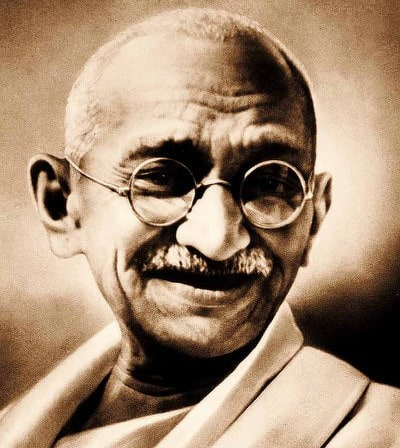
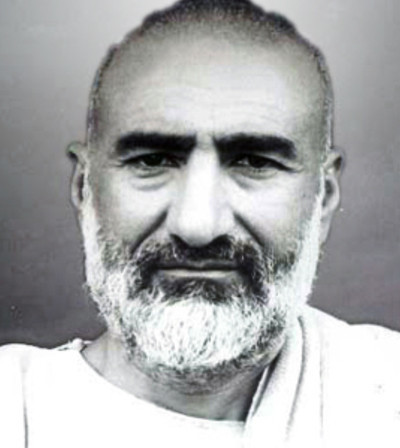
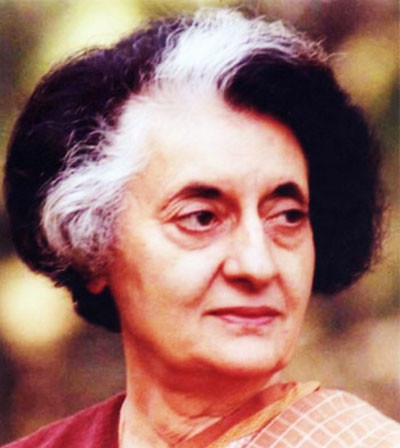
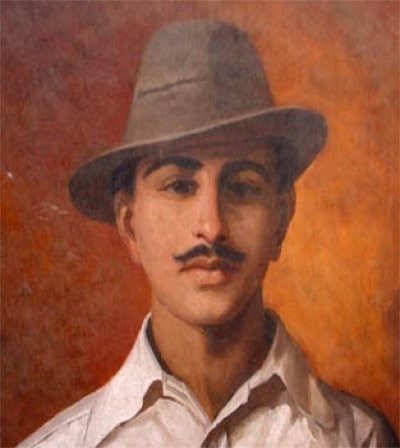
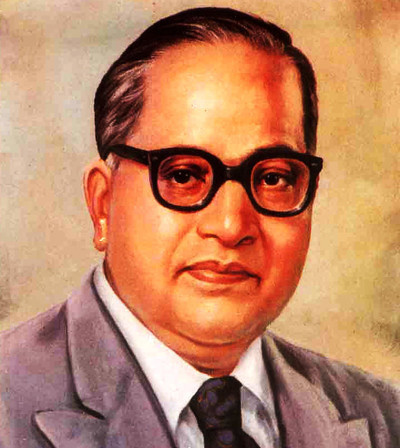
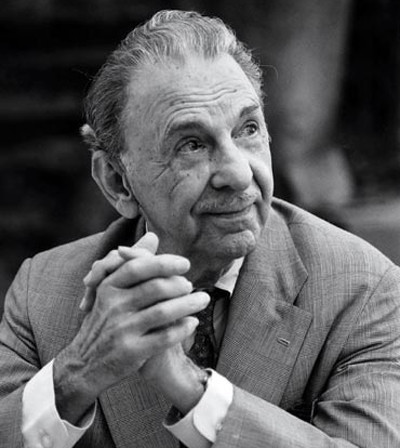

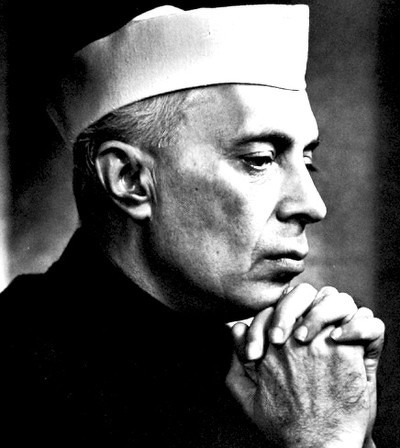
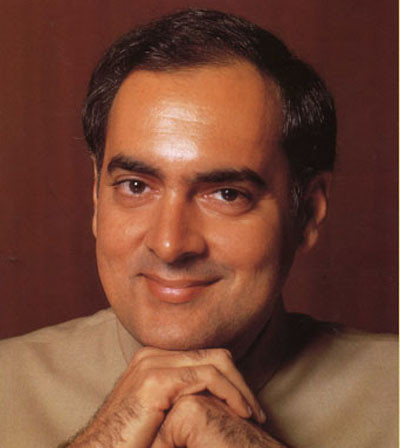
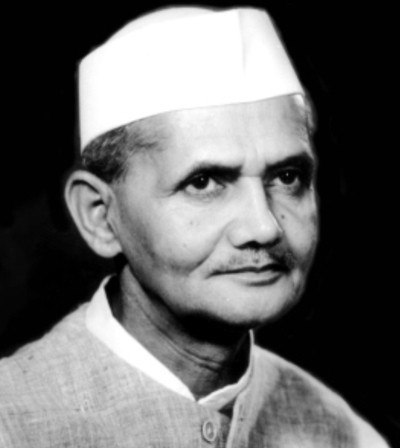

Shaileshbhai
8 years ago
હવેશ્ભૈ
હવેશ્ભૈ